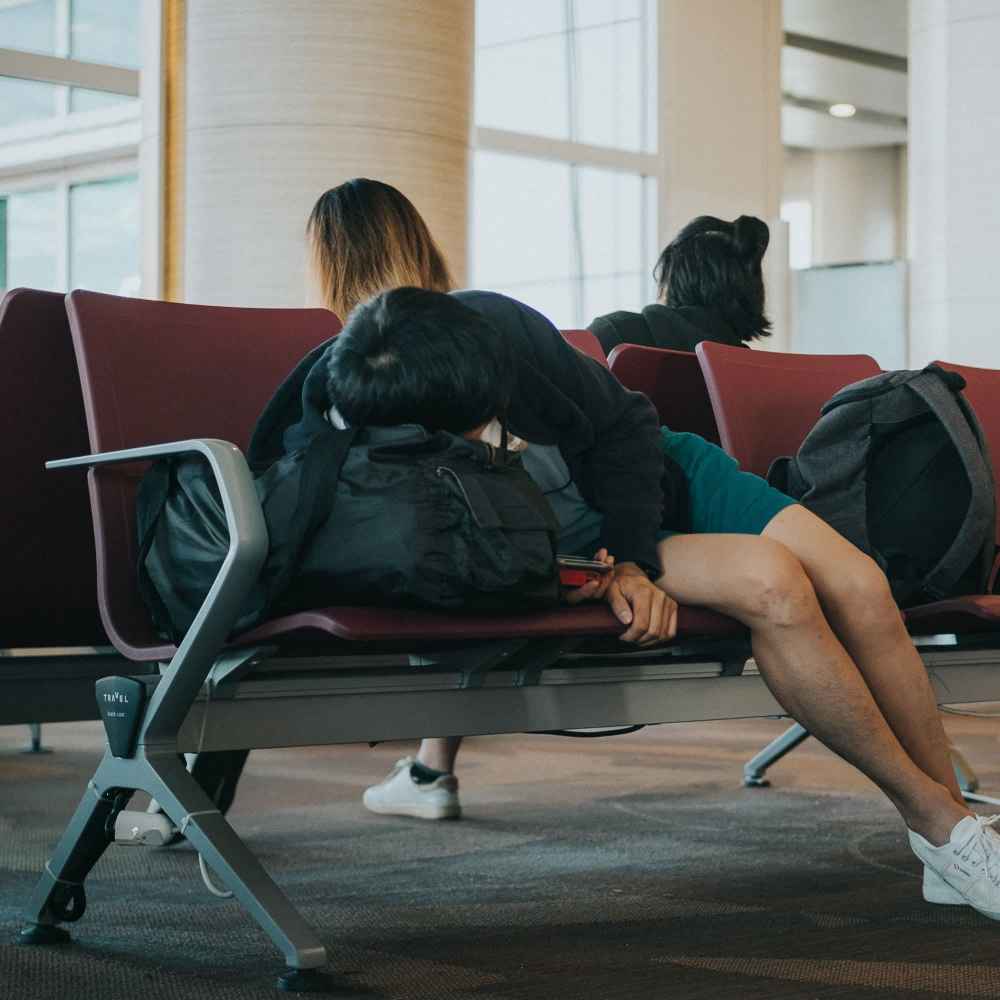Jet lag is a common problem that affects travelers who cross multiple time zones in a short period of time. It is caused by the disruption of the body's natural circadian rhythms, which regulate sleep and wakefulness.
Symptoms of jet lag can include fatigue, insomnia, dizziness, irritability, and digestive problems. These symptoms can last for several days and can make it difficult to adjust to the local time and enjoy your trip.
Jet lag is more likely to occur when traveling eastward, as it is harder for the body to adjust to a shorter day. However, it can also occur when traveling westward, particularly for long flights.
To avoid jet lag, there are a few steps you can take:
- Adjust your sleep schedule before your trip: Gradually shift your sleep schedule to match the time zone of your destination a few days before your trip.
- Stay hydrated: Drink plenty of water before, during, and after your flight to help your body adjust to the changes in air pressure and humidity.
- Avoid alcohol and caffeine: Alcohol and caffeine can interfere with your sleep, so avoid consuming them in the hours before bedtime.
- Get some exercise: Exercise can help regulate your body's clock and reduce fatigue, so try to get some physical activity during your trip.
- Adjust to the local time as soon as possible: Once you arrive at your destination, try to adjust to the local time as quickly as possible. This may mean staying awake during the day and sleeping at night, even if you feel tired.
By following these tips, you can help your body adjust to the time zone changes and reduce the effects of jet lag.

